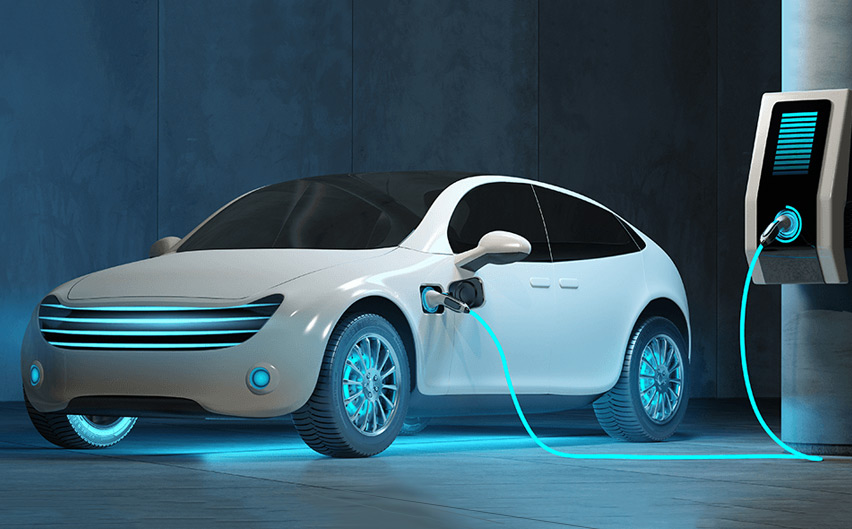News & Events
Towards a more autonomous and sustainable Europe in terms of raw materials

20 | 09 | 2022
Ceit is taking part in the REEPRODUCE project with a view to establishing a sustainable European value chain for recycling electrical and electronic waste, thus reducing its dependency on other countries.
Specifically, the centre will be in charge of giving a second life to elements from high-value rare earth elements for the manufacture of electric motors, among other industrial applications.
The project will have a four-year lifespan and is funded by the Horizon Europe EU research and innovation programme.
Europe is a world leader in manufacturing products such as traction motors for cars and wind turbines. However, to be able to do so, certain permanent magnets are needed that originate from elements deriving from rare earths or, as they are known in their abbreviated form in English, REEs - Rare Earth Elements. Specifically, this takes the form of 17 special metals that are used in a range of technological applications such as electric motors or technologies within the field of renewable energy, the supply of which Europe depends particularly on China. In terms of the coming years, it is predicted that demand for these elements will increase exponentially.
In such a scenario, the EU wants to ensure the supply of these materials in order to guarantee autonomy in terms of value chains of these rare earths and magnets across the continent. To do so, a consortium of representatives from industry, research and European technology centres, among which the CEIT technology centre is included, has set the REEPRODUCE European project in motion, the aim of which is to establish a value chain for recycling permanent magnets for the first time based on sustainable REEs on an industrial scale.
Within the project framework, Ceit will be using technologies such as robotics, vision and artificial intelligence to develop a pilot project for recycling WEEE processes (waste electrical and electronic equipment) such as hard disks and personal electrical mobility products like scooters or robot vacuum cleaners. This dismantling process will focus on the automated extraction of components such as the writing head arm or spindle rotor in hard disks that contain neodymium (Nd)-based magnets. The centre will also be working on a second pilot project to extract electric motors that contain neodymium from this electronic waste, among other elements.
Thus, as Diego Borro, chief researcher from the Vision and Robotics team at Ceit and the person in charge of the project, explains: “magnets from recycled electronic products will be able to be extracted and processed so as to reuse them in new products using environmentally-friendly products, and at a reasonable cost”.
First climatically neutral continent
The REEPRODUCE project is funded by the EU Horizon Europe research and innovation programme and will take place over the next four years. Within the project framework, innovative technologies are sought to be optimised in order to recycle waste electrical and electronic equipment at a competitive cost. In terms of rare earth elements, the aim is to demonstrate the environmental, social and economic sustainability that a European project for these types of material entails.
With these aims in mind, the EU is striving to become the first climatically neutral continent by 2050, as WEEE involves essential materials for the economy and green political agenda throughout Europe. “64% of demand for these materials is driven by the production of powerful permanent magnets that contain vital elements such as neodymium and praseodymium for high-efficiency electric motors. These devices are of the utmost importance for the development of electric vehicles, renewable energy technology, robotics and also for aerospace and defence applications”, Borro concludes.